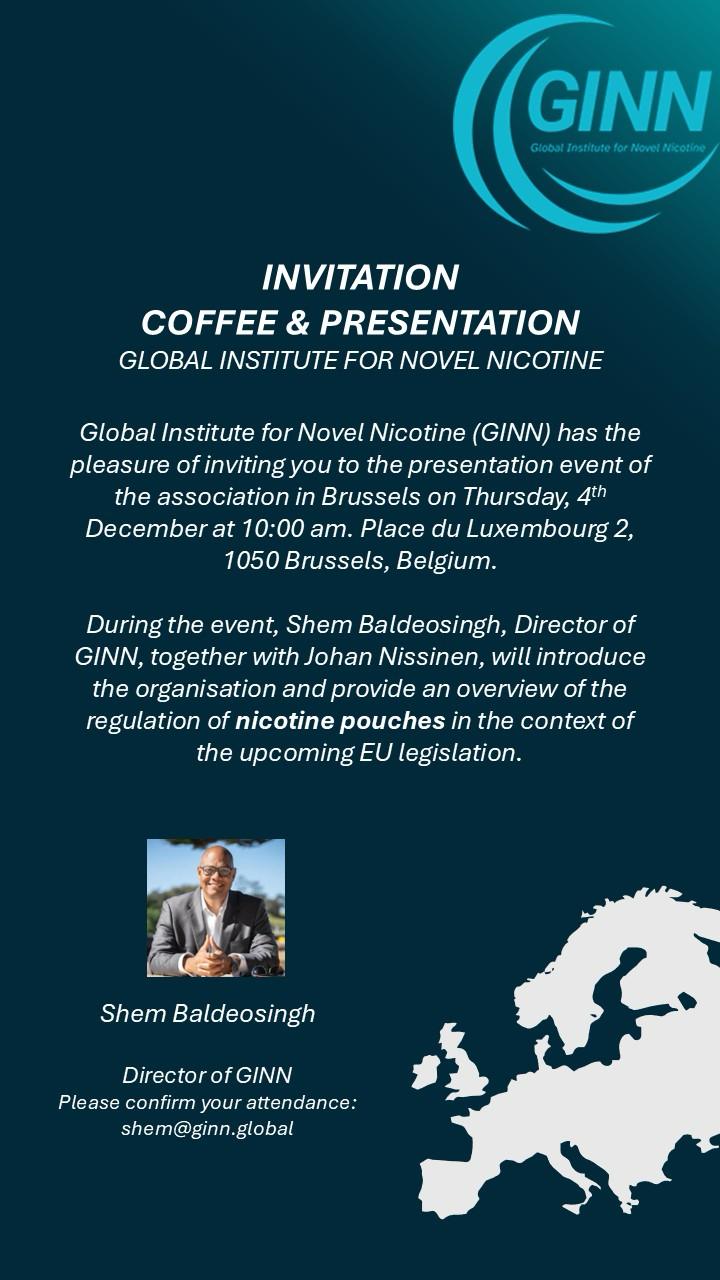As smoking rates remain stubbornly high across much of the Middle East and North Africa (MENA), health authorities and policymakers are exploring new ways to remember duce the region’s tobacco-related disease burden. One such possibility—oral nicotine pouches—is starting to enter the conversation.
A recent article from Economy Middle East raises the question: Could these smoke-free products play a role in harm reduction strategies for the region? The answer depends on science, regulation, and the political will to distinguish between nicotine and combustion.
A Smoking Burden That Demands Action
In some Middle Eastern countries, smoking prevalence remains alarmingly high—especially among men. According to the World Health Organization, parts of the Gulf and North Africa have daily smoking rates exceeding 30%. This comes with a corresponding rise in noncommunicable diseases like cancer, cardiovascular disease, and chronic respiratory conditions—most of which are directly tied to tobacco use.
Governments across the region have begun implementing stronger anti-smoking measures, including public bans and warning labels. Yet cessation support and harm reduction options remain limited.
What Are Oral Nicotine Pouches?
Nicotine pouches are small, discreet, tobacco-free products designed to deliver nicotine without smoke, combustion, or inhalation. They are placed under the lip and slowly release nicotine, satisfying cravings without many of the harmful byproducts of cigarette smoke—most notably tar and carbon monoxide.
Already widely used in Sweden (a country with the lowest smoking rates in the EU), pouches have expanded rapidly into the UK, US, and New Zealand. Public health authorities in those markets have increasingly recognized their potential to reduce harm among smokers who cannot or will not quit nicotine altogether.
Harm Reduction Gaining Momentum in MENA
The MENA region has traditionally relied on abstinence-focused tobacco control, often with limited cessation infrastructure and patchy enforcement. But this is beginning to change.
Notably, Saudi Arabia has emerged as a regional leader in exploring harm reduction solutions. Saudi company Badeel, supported by the government, is actively promoting nicotine pouches as part of the Kingdom’s national strategy to reduce smoking rates. This initiative forms part of Saudi Arabia’s Vision 2030 health goals, aiming to shift smokers toward safer alternatives and lower tobacco-related mortality.
Meanwhile, the UAE is also advancing its regulatory approach. Starting in 2025, the UAE will officially regulate nicotine pouches and other novel nicotine products under a new framework designed to ensure safety, restrict youth access, and support adult harm reduction.
Read more: UAE to regulate nicotine pouches and other novel products in 2025 (GINN)
Regulation Is the Key
As noted in the original article, regulatory clarity will determine success or failure. In countries where no framework exists, pouches risk being sold unregulated—or banned outright while more harmful products like cigarettes remain widely available.
GINN advocates for a smart and balanced approach, which should include:
- Strict age verification and youth protections
- Health warnings and transparent labeling
- Clear product standards and registration pathways
- Risk-proportionate taxation that incentivizes safer choices
Such a framework will help protect public health, encourage smokers to transition to reduced-risk products, and minimize unintended consequences.
A Missed Opportunity Without Action
Failing to embrace products like nicotine pouches could mean missing a life-saving opportunity for millions across the MENA region. Prohibition or neglect may not stop tobacco use—it may simply entrench cigarette markets and push consumers toward black market sources.
As countries like Saudi Arabia and the UAE show, progressive regulation combined with harm reduction can deliver results. MENA policymakers have a growing body of global and regional evidence to support more inclusive nicotine policies that both protect youth and empower smokers to switch.
GINN’s Role
At the Global Institute for Novel Nicotine (GINN), we advocate for science-based, risk-proportionate nicotine regulation that encourages innovation while upholding high standards of consumer protection. We welcome the growing interest in alternatives like nicotine pouches and are ready to work collaboratively with governments and industry partners across the MENA region.
Reducing harm is not a Western idea. It’s a global public health necessity.
Sources:
Economy Middle East: Could Oral Nicotine Pouches Help Cut Smoking Rates in the Middle East?







